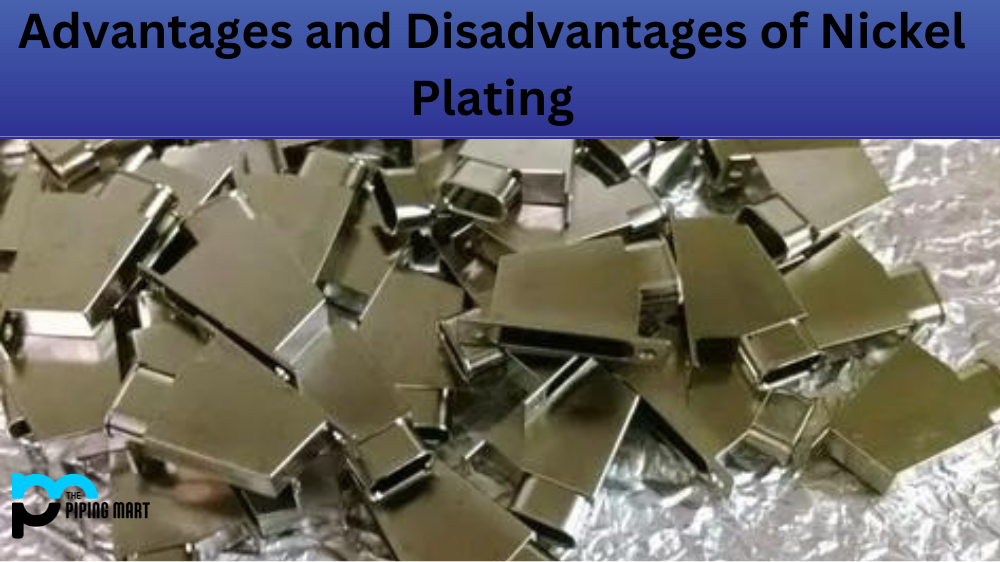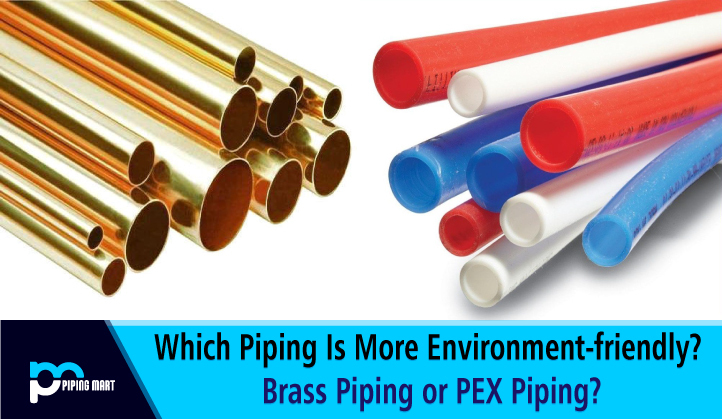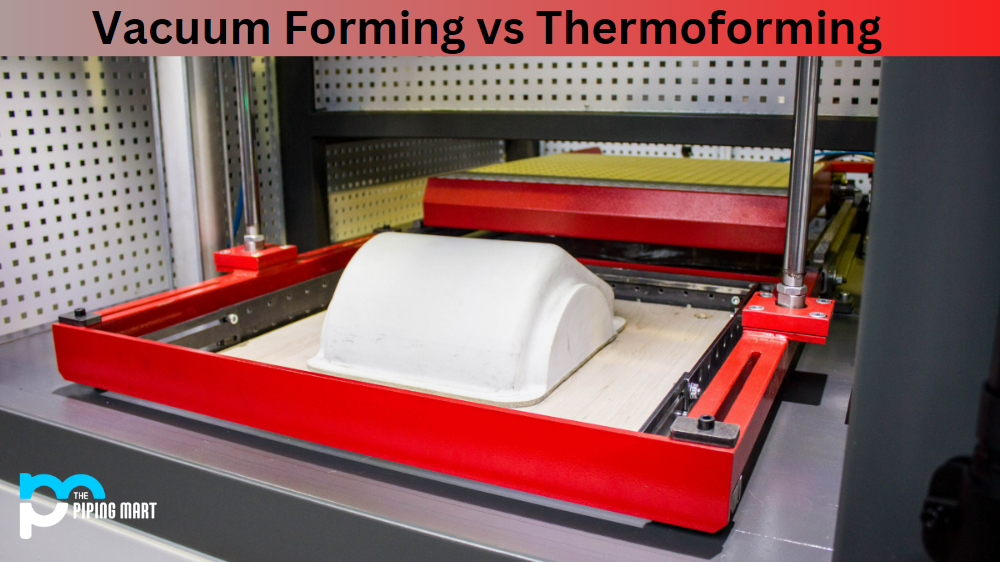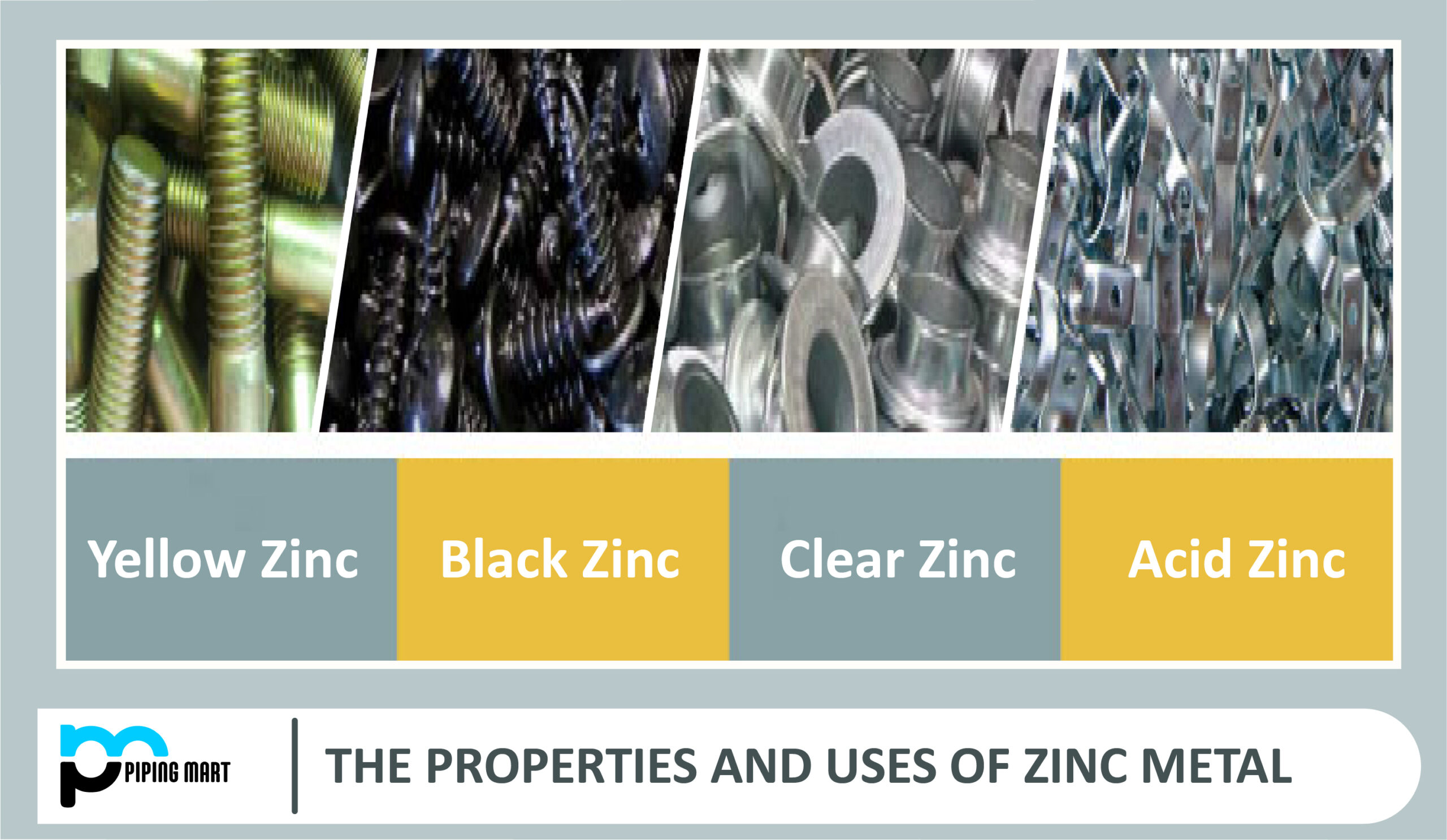Nickel plating is used to coat a surface with a nickel layer. It is commonly used in automotive, industrial, and commercial applications. Nickel plating provides many benefits, including corrosion resistance and improved appearance. However, it is important to understand the advantages and disadvantages before deciding if it is the right choice for your specific application.
Nickel Plating Advantages
The primary advantage of nickel plating is its ability to provide superior resistance to corrosion. The nickel coating helps protect the substrate from oxidation and other corrosive elements. This means it can reduce wear on parts over time, which can help extend their lifespan. Additionally, nickel plating can improve the appearance of a part by providing a smooth finish or enhancing its color or shine. It also offers good electrical conductivity and heat resistance properties, making it suitable for use in electrical components and other high-temperature applications.
Improved Corrosion Resistance
One of the primary benefits of nickel plating is that it can improve the corrosion resistance of a metal. Corrosion is the process by which a metal is slowly eaten away by chemicals, usually oxygen and water. Nickel plating creates a barrier between the metal and these corrosive agents, which can help prolong the metal’s life.
Enhanced Aesthetics
Nickel plating can also enhance the aesthetics of metal. Nickel has a bright, shiny appearance that can give metals a more polished look. Additionally, nickel plating can be used to fill in small imperfections on the surface of a metal, resulting in a smoother overall appearance.
Improved Electrical Conductivity
Nickel plating can also improve the electrical conductivity of a metal. Electrical conductivity is a measure of how easily electricity flows through a material. Metals with high electrical conductivity are often used in electrical applications because they allow for the efficient flow of electricity. Nickel plating can increase the electrical conductivity of metal by up to 25%.
Increased Durability
Nickel plating can also increase the durability of metal. Nickel is a harder metal than other metals commonly used for platings, such as zinc and copper. As a result, nickel-plated metals are less likely to be scratched or damaged than other types of plated metals.
Reduced Friction
Finally, nickel plating can also reduce friction between two surfaces. Friction is the force that resists the motion of two objects sliding against each other. By reducing friction, nickel-plated metals can move more smoothly and efficiently than other metals.
5 Disadvantages of Nickel Plating
Despite its advantages, there are some drawbacks to using nickel plating. One of the most significant drawbacks is that it can be expensive compared to other metal coatings. Additionally, although it has good corrosion resistance properties, it may not be suitable for highly acidic environments due to its susceptibility to hydrogen embrittlement. Finally, nickel plating may require additional steps since it does not provide complete coverage on complex shapes or surfaces with deep grooves or recesses.
- Nickel plating can be expensive.
- Nickel plating can be time-consuming.
- Nickel plating can be difficult to remove.
- Nickel plating can cause skin irritation.
- Nickel plating can cause environmental pollution.
Conclusion:
For many applications, nickel plating can offer significant benefits in terms of performance and aesthetics. Its superior corrosion resistance properties make it ideal for parts that are exposed to harsh environmental conditions or chemicals. At the same time, its attractive finish can help enhance the look of any product or component. However, some drawbacks associated with this process, such as cost and potential issues with hydrogen embrittlement, need to be considered before deciding if this type of metal coating is right for your project. Ultimately, understanding both the advantages and disadvantages will help you make an informed decision about whether or not nickel plating is the best choice for your particular application needs.
Sakshee is a talented blogger, with a particular focus on the Business and Metal Industry. She is passionate about sharing her insights on various metal products and helping professionals to make a better decisions.




